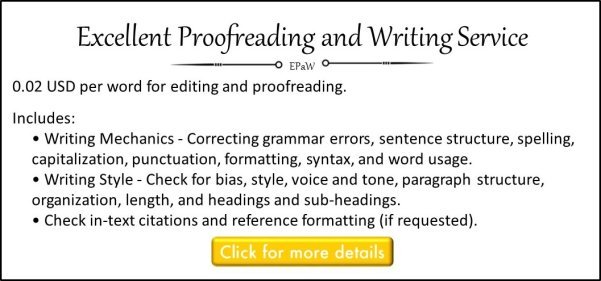About IELTS
Many students need to know about IELTS when they take the British Council IELTS exam, and this page will explain this and what the exam involves.
The exam is aimed at people and students who need to an assessment of their English ability for education, immigration or professional accreditation.
When you take the IELTS exam you’ll be examined on the four English skills separately. The four sections are:
- Listening
- Reading
- Writing
- Speaking
I’ll explain a bit more about each section in a moment.

Taking the Test

The IELTS test is taken in association with Cambridge English Language Assessment. You can take the test at over 800 test centres located in more than 130 countries. Once you’ve passed the test it’ll be accepted by more than 7000 organisation worldwide. These include universities, government bodies and professional organisations.
If you’re going to study abroad or are even migrating to a new country than you’ll most likely need to take the IELTS exam.
As with many things in life, preparation is the key. You need to learn how to take the test, what the examiners and markers are looking for, as well as learning English. There isn’t a lot of time for you to take the exam; so, you need to know how to answer the questions the way that the examiners want. They've a marking sheet and you get marks for answering the questions in the correct way.
To be prepared for the exam you’ll need to practice before going to the test centre. How good your English is will affect how long you need to prepare for before you can successfully pass the test.

About the IELTS Exam Sections
The exam is divided into four sections, and for two of those (reading and writing) you’ve a choice of doing a general or academic exam. (This choice might not be yours as the person/institution requiring you take the test will probably tell you which to take.) The format, as in the time allocated, is the same for the academic or general exams but the content will be different.
There is a set time limit for each section and to complete all four sections you've 2 hours 45 minutes.
IELTS Listening
The IELTS listening exam lasts for 30 minutes and the
questions are played from a recording. The recoding will be only played once.
So this means you must answer the questions as the recoding plays. There'll
be a short time to check your answers at the end. The test is divided into four
sections with each being harder than the previous one.
IELTS Reading
You've 60 minutes for this part and it's made up of three
sections, again each harder than the previous. The format is the same for the
general and academic exams, just different focus and questions.
IELTS Writing
Again the IELTS writing part is 60 minutes long and there are general or academic
sections. For both types of exam you’ll need to produce two written passages
using different styles of writing. For more information about this part see the
IELTS writing section page.
IELTS Speaking
This part will last 11-14 minutes and you’ll speak with a
specially trained examiner, one-to-one.
This has three parts: an introduction and interview part, a long turn
where you’ll need to speak about a topic for one or two minutes and then a
discussion about the topic of the long turn. This part might take place separately
from the rest of the exam on another day.
Once you know all about IELTS, what you’re doing and have practiced, the IELTS exam isn’t too difficult. You just need to get better at using English.

If you’d like any help with the IELTS written section see the page about Excellent Proofreading and Writing’s IELTS writing correction service. Or come to our Facebook page to ask any questions.

Return to IELTS Writing from Abut IELTS
Return to Excellent Proofreading and Writing Homepage from About IELTS



By Jolyon Dodgson, copyright © 2011-2020.
Excellent-Proofreading-and-Writing.com - Proofreading and writing help for excellent first impressions.





New! Comments
Have your say about what you just read! Leave me a comment in the box below.